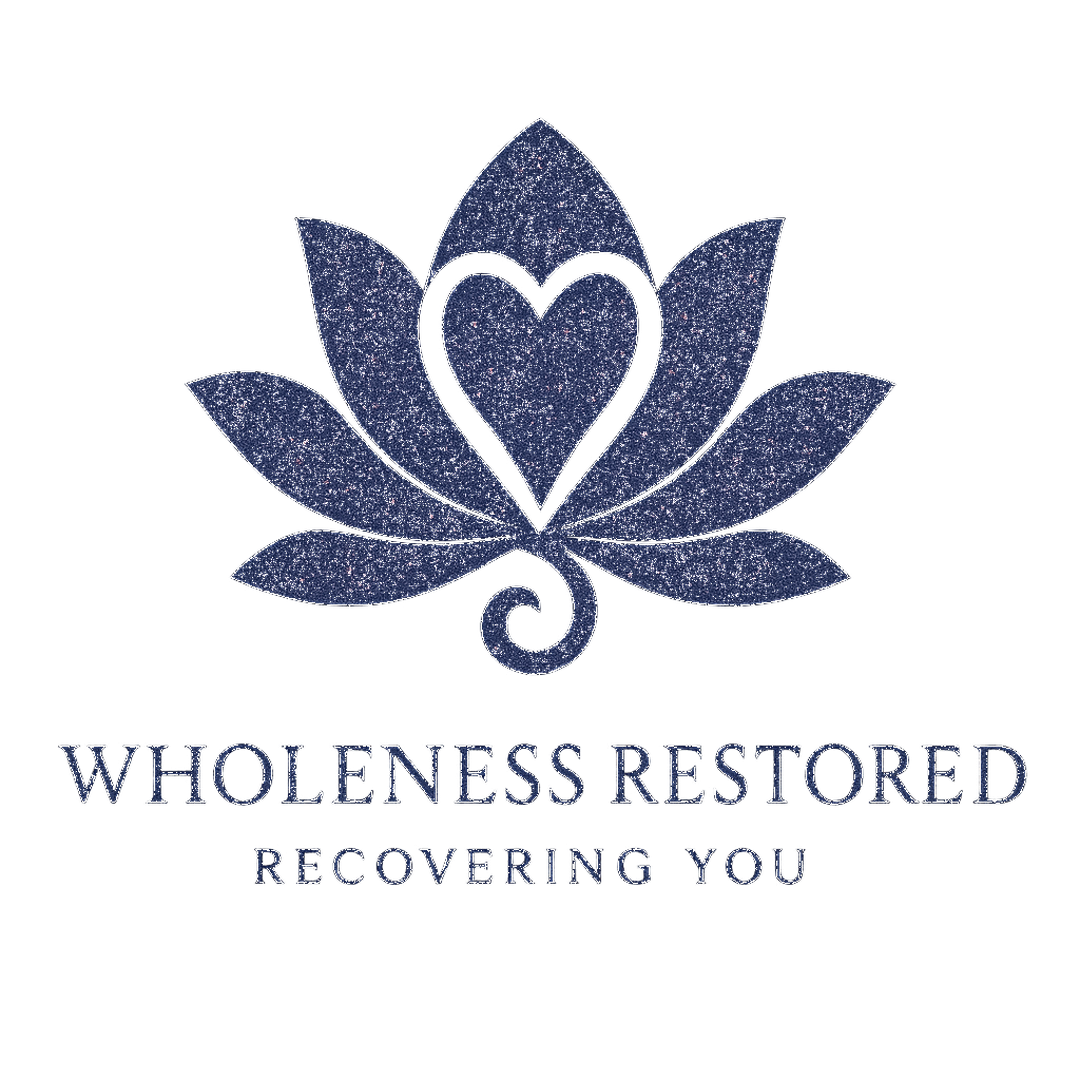Knowing What’s Yours to Carry: What Is My Job, Your Job, and God’s Job?
When life feels overwhelming, relationships feel strained, or control feels just out of reach, it’s often because we’re carrying burdens that aren’t actually ours to hold.
There’s a simple but profound framework that can help restore peace and clarity:
“What is my job? What is your job? And what is God’s job?”
This concept offers a clear lens through which to filter responsibility—and let go of what you were never meant to control.
What Is My Job?
Your job is what’s inside your circle of control:
Your thoughts
Your choices
Your emotions
Your boundaries
Your healing
Your responses
This means you are responsible for yourself—not in a self-sufficient, do-it-all-alone way, but in a healthy, self-led way. You’re responsible to others, but not for their decisions, healing, or behavior.
When you overstep your job, you may find yourself controlling, fixing, pleasing, or over-functioning. This leads to burnout and resentment.
What Is Your Job?
The people in your life—spouse, child, parent, friend—are responsible for their own:
Choices
Behaviors
Growth
Healing
Attitudes
This is hard to accept when we love someone and see them hurting or hurting others. But confusing our job with their job leads to enabling, codependency, or unnecessary conflict.
Example:
You may want your partner to attend therapy or stop using a harmful coping behavior. You can invite, express, set boundaries, or share your needs—but you cannot make them change. Their job is to choose their own growth.
What Is God’s Job?
God’s job includes the things beyond human control:
Healing hearts
Convicting souls
Transforming lives
Providing grace and wisdom
Working all things for good
When we try to do God’s job, we carry weight we were never meant to hold. We strive, manipulate, or worry endlessly. When we surrender God’s job back to Him, we make space for divine movement—and for our own peace.
This doesn’t mean passivity; it means trust. We still act—but we let go of the outcome.
Why This Framework Matters
Knowing which job is yours—and which isn’t—is liberating. It brings:
Clarity in relationships
Peace in the waiting
Healthier boundaries
Deeper trust in God
Greater compassion for others
When we stay in our lane, we live with integrity. When we trust God with the rest, we live with hope.
Putting It Into Practice
When you feel anxious, resentful, or overwhelmed, pause and ask:
Is this mine to carry?
Am I doing someone else’s job?
Am I trying to do God’s job?
And gently re-center.
You are not the healer. You are not God. You are responsible for your own heart and hands—and then, to surrender.
I’m here to help when you are ready to claim your role and let go of the ones that aren’t. Just reach out through my contact page.
Reference:
This framework was first introduced by Sharon L. Lechter, co-author of Think and Grow Rich for Women, and has since been adopted in faith-based counseling and relational coaching models. It is often echoed in Christian recovery programs and boundary work popularized by Dr. Henry Cloud and Dr. John Townsend.
